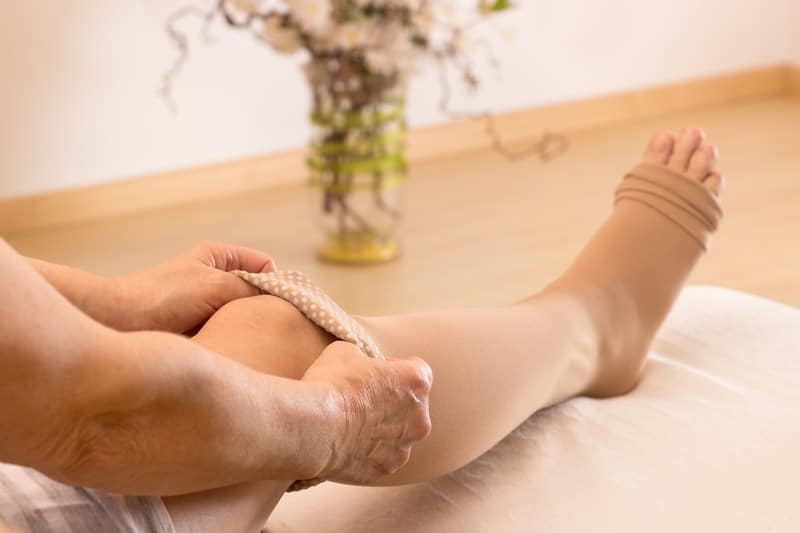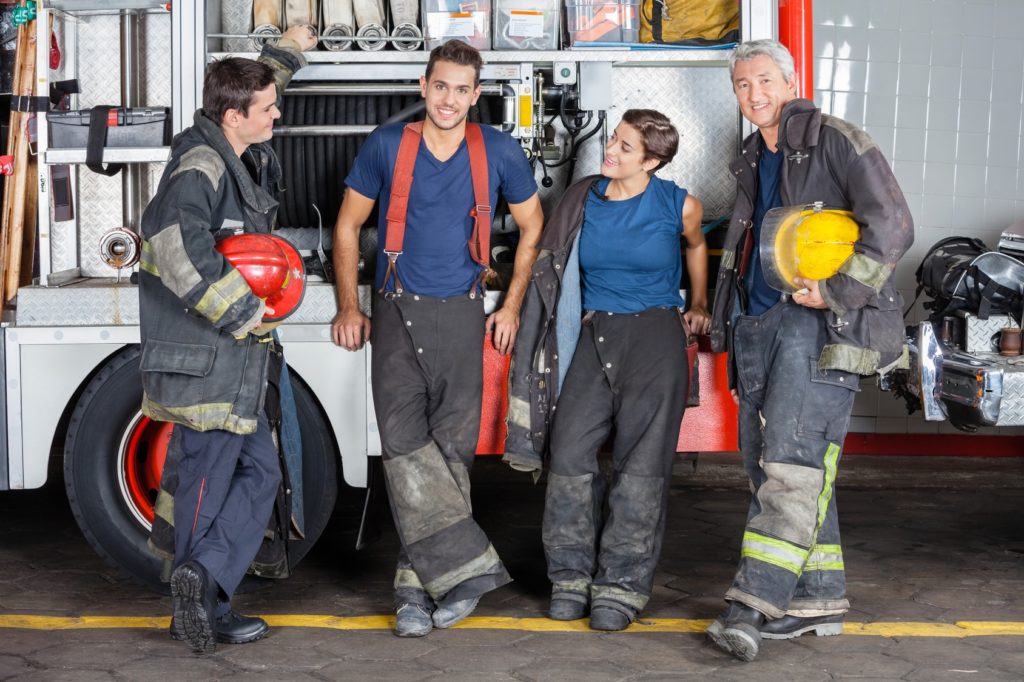Want to Know Vein Treatment Success Rates? Just Ask.
 As a smart consumer and advocate for your own health, you have likely done your research about the variety of varicose vein treatments available, and you have probably noticed that vein procedure success rates are hard to find. Some try. There are statistics tucked into difficult-to-read research abstracts and surveys. Some reports contradict others. Others offer success rate ranges with a twenty point spread.
As a smart consumer and advocate for your own health, you have likely done your research about the variety of varicose vein treatments available, and you have probably noticed that vein procedure success rates are hard to find. Some try. There are statistics tucked into difficult-to-read research abstracts and surveys. Some reports contradict others. Others offer success rate ranges with a twenty point spread.
The truth is, there are no simple and definitive answers. If you really do want to get a sense of your personal best course of treatment—and the kind of results that you can expect—the smartest thing that you can do is consult with a qualified vein specialist.
What Constitutes Varicose Vein Treatment Success?
Now, understand that when we talk about varicose veins treatment, we are mostly talking about veins being removed, obliterated or completely closed off in some way. When the treatment is successful, those veins are not coming back. Be assured that removing some veins is a safe practice—when it is done by a qualified professional. Your venous system is complex, and has backups built into it, and it is better for your overall vascular health to remove a few damaged veins than to leave them as they are, reservoirs for blood to pool and potentially lead to complications, such as lymphedema, ulcerations, or chronic venous insufficiency.
At this point, you probably have a list of questions for your vein specialist that is longer than your arm. Here are a few more suggestions:
Which Varicose Veins Procedures Do You Offer?
Remember that old adage, “If the only tool in your toolbox is a hammer, everything looks like a nail?” This applies to veins as well. There are a variety of highly effective, minimally invasive vein treatment procedures available now. But while sclerotherapy (for example) might work well on spider veins and small venules, larger vessels will respond better to Thermal Ablation or the VenaSeal procedure. It takes an experienced vein specialist with a well equipped toolkit to understand which of these procdedures will work best on each of your veins. A good one will likely incorporate more than one procedure in your tailored treatment plan.
Do You Use Duplex Ultrasonography?
This powerful diagnostic technology overlays a three dimensional view of blood flowing through veins over a two-dimensional view of the structure of the veins. This allows your qualified vein specialist valuable insight into your vascular health, where it might be compromised, and how it can best be fixed. It is also a valuable tool for assessing success during treatment—and after. If your vein specialist is not using this technology, the follow-up question should be, “why not?”
How Many Peripheral Varicose Vein Procedures Have You Performed?
There are a lot of vein specialists who offer a lot of services for a range of conditions. This might mean that they have only performed the particular procedure that they are suggesting for you a few times. Consider seeking out a vein specialist who specializes in peripheral varicose vein treatments. It is more likely that they will have performed this treatment thousands of times. More experience means more refined skills—and greater sense of outcome.
What Can I Do to Ensure That I Have the Most Successful Procedure Possible?
The short answer to this one should be, “take care of yourself.” When all has been done properly, if you experience the reappearance of varicose veins, it is possible that other untreated veins have since developed varicosities. While genetics are a strong indicator for this, there are things you can do to minimize further damage to your vascular health, such as maintaining a healthy body weight, exercising, eating for health, and following the post-procedure self-care suggestions given you by your qualified vein specialist.
When it comes down to it, optimizing your chances for varicose vein treatment success means receiving the right treatment for the right situation from the person with the right experience. Book your free consultation with a qualified vein specialist today.
Varicose Veins worse in Summer Heat? If it seems like your varicose veins symptoms seem to worsen in the summer heat—especially for those of you who live in hot climates like Arizona—you are not imagining it. Talk to a qualified vein specialist and they will tell you that heat does have an effect on your…
Read MoreLet’s face it—a big part of the reason that you are in Arizona is because you don’t enjoy golfing in the snow or hiking in the rain. And now that you are here, there is no reason to let anything get in the way of your active life—not even the discomfort of varicose veins. Although…
Read MoreYounger adults in the U.S. are searching for options to deal with varicose veins…REALLY? Health and Google statistics are starting to show that younger and younger people are seeking treatment for conditions such as varicose veins, chronic venous insufficiency (CVI), and other health conditions usually associated with older adults. Health officials are attributing this…
Read MoreHas a woman ever said she loves wearing high heels because they are just so comfortable? Uh uh. Or because it is just so easy to walk in them? Not likely. High heels are popular because of the way they make the legs of the wearer appear.
Read MoreIf you just googled “compression stockings for varicose veins” to find this article, you are far from alone. Millions of Americans have looked at compression stockings as a non-surgical alternative to help deal with the discomfort of varicose veins and other peripheral vascular concerns. Perhaps not knowing that there are newer, effective, and minimally invasive procedures…
Read MoreIt can hurt to care–just ask any nurse. As a profession, nurses experience some of the highest rates of varicose veins and Chronic Venous Insufficiency (CVI) in the country. In fact, in one study by the NIH, 63 per cent of participating nurses were shown to have at least one sign of CVI. Nurses will know…
Read MoreOne might think that the biggest cause of injury among American firefighters would be burns and collapsing structures. However, more than just skin and bones, it is the firefighter’s vascular system that is at risk. There are a number of reasons why firefighters are especially susceptible to vascular injury, and why they in particular need…
Read MorePerhaps the most important thing to know about Radiofrequency Vein Ablation, is that it has a high success rate in treatment of varicose veins. Additionally, it is minimally invasive, minimally painful, has low rates of complication, can be performed in-office, and has a very rapid recovery time, usually about a day. The Venous Ablation Process…
Read MoreThe concern about having or developing Chronic Venous Insufficiency (CVI) is a great reason to have your varicose veins fully assessed by a qualified Vein Specialist. Why should I be concerned about the symptoms of Chronic Veins Insufficiency? Chronic Venous Insufficiency, also known as Venous Reflux Disease or Venous Stasis, refers to a condition of inadequate…
Read MoreCan Varicose Vein Pain be Eliminated? It is the end of a long day, and suddenly you realize that the varicose veins that you barely considered this morning are working hard to get your attention. They ache, and your legs feel heavy and are getting swollen. Especially if you have been ignoring them all day,…
Read More

